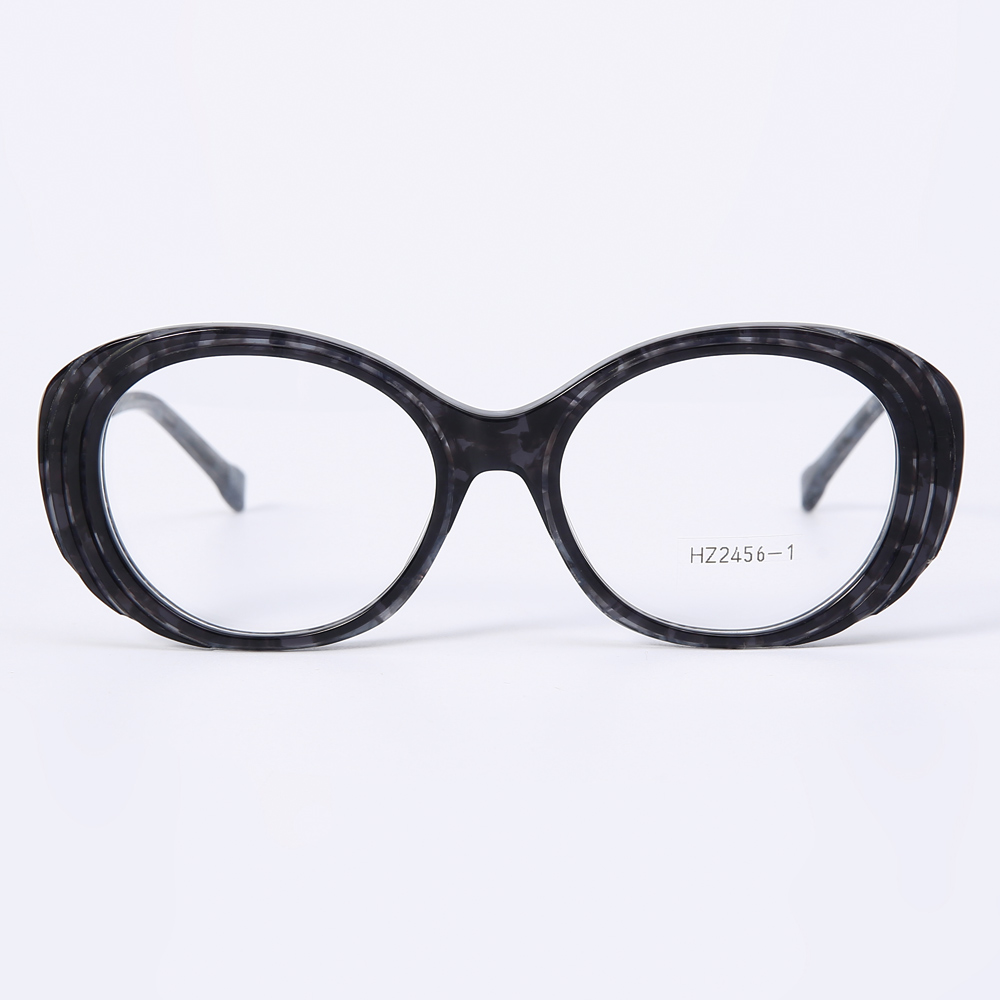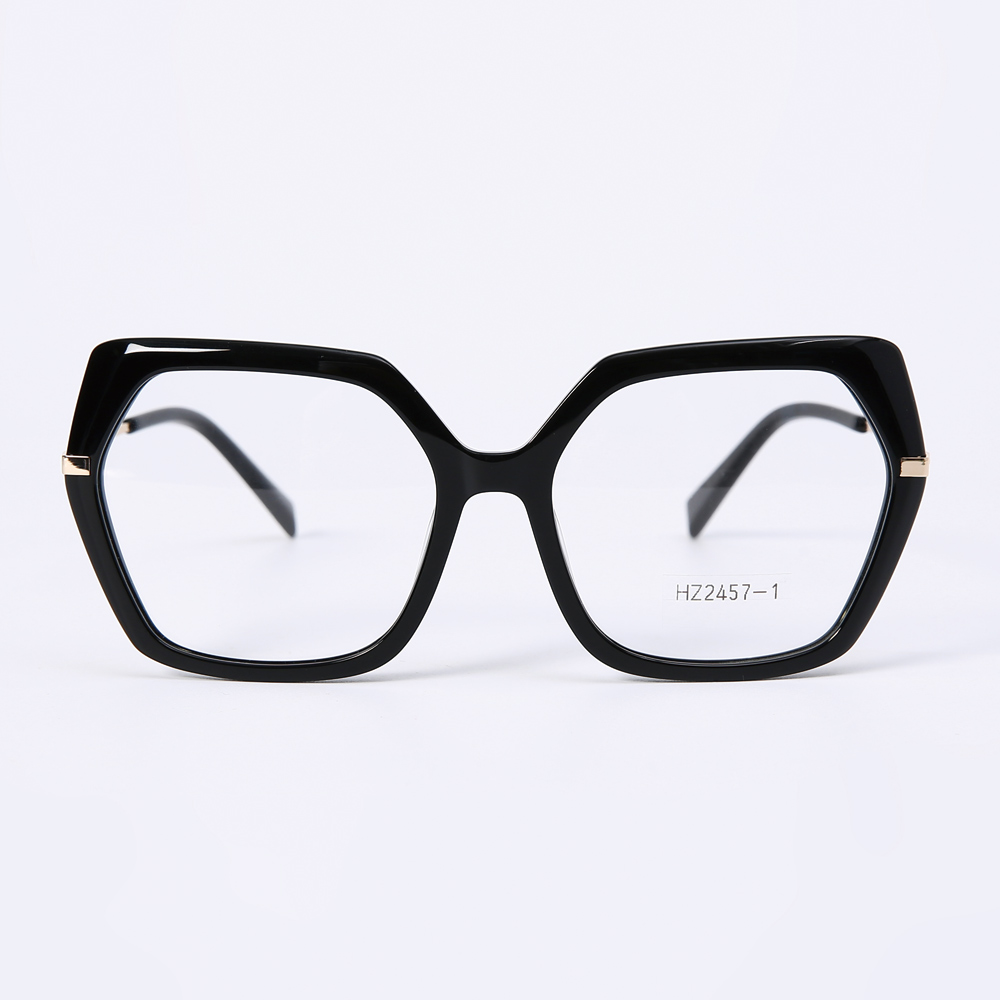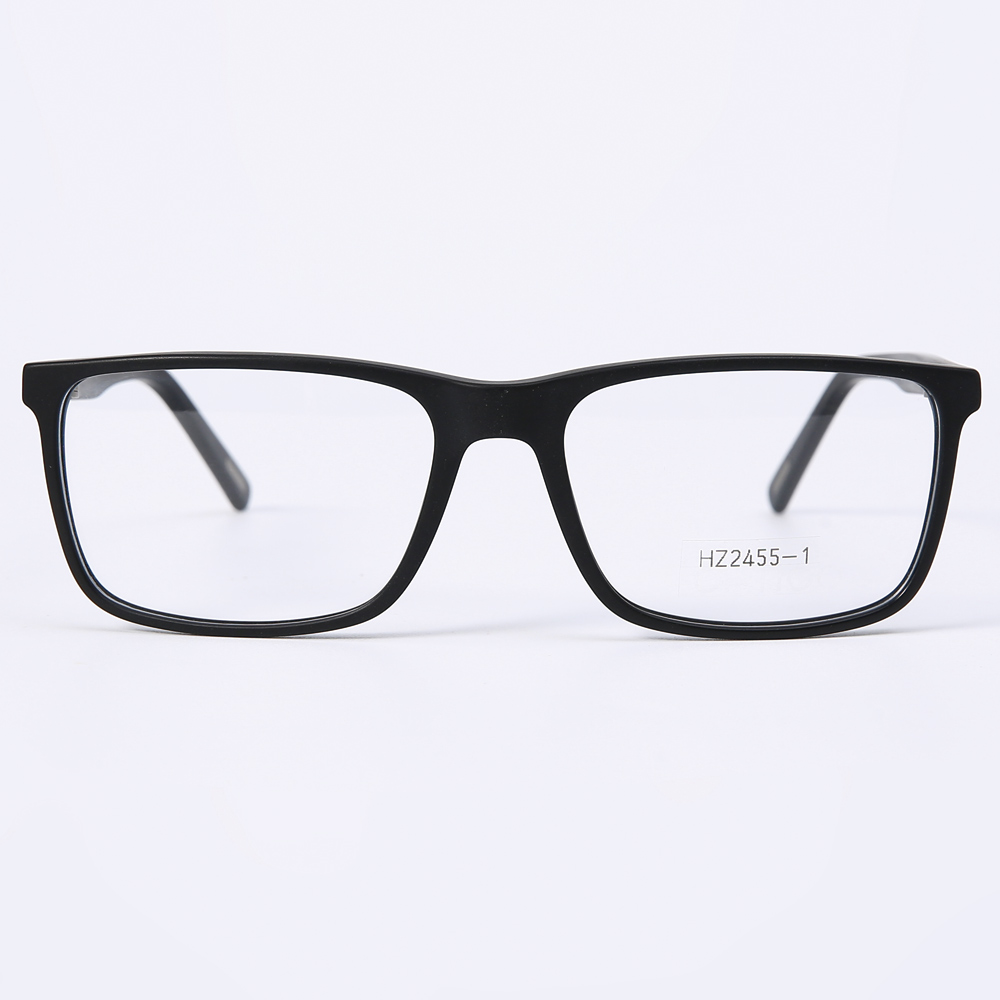Optical Frame
An optical frame, also known simply as "frame," refers to the structural component of eyeglasses that holds the lenses and allows them to be worn comfortably on a person's face. Optical frames come in a wide variety of shapes, materials, and styles, catering to different prescription needs and fashion preferences. These frames can be made from materials like acetate, metal, titanium, and even wood, each offering its own unique characteristics and benefits.
Optical frames are not only functional but also play a significant role in defining the wearer's personal style and fashion statement. They come in various shapes, such as round, rectangular, square, cat-eye, wayfarer, and more, allowing individuals to choose a frame that complements their face shape and enhances their overall appearance.
In addition to the frame's design, its construction and features can also vary. Some frames have adjustable nose pads to ensure a proper fit, while others might feature spring hinges for added flexibility and durability. Modern optical frames often incorporate advanced technologies, such as lightweight materials and innovative hinge mechanisms, to provide both comfort and style.
When purchasing eyeglasses, selecting the right optical frame is essential for both visual correction and personal expression. An optical professional, such as an optician or optometrist, can assist in choosing the right frame based on an individual's prescription, face shape, and preferences. Whether for vision correction or as a fashion accessory, optical frames are a key element in the world of eyewear.
Hala Optical is leading optical frame manufacturer and supplier from Wenzhou, China. We are specialized in metal, acetate, injection and hybrid material optical frame OEM/ODM. Email us for customization optical frame.
Demo Lens
A demo lens, short for "demonstration lens," is a term used in the eyewear industry to refer to the non-prescription lenses that are typically fitted into eyeglass frames for display purposes. These lenses are clear and have no prescription power or corrective properties. Instead, they are used to showcase the frame's design, shape, and overall appearance to customers, allowing them to try on different frames and get an idea of how the eyeglasses will look on their face.
Demo lenses serve several purposes:
- Display: When frames are on display in optical stores or online, demo lenses help customers visualize how the glasses will look without the distortion that prescription lenses might introduce.
- Fit and Comfort: Customers can try on frames with demo lenses to assess the fit, comfort, and overall feel of the eyeglasses on their face.
- Style Evaluation: With demo lenses, customers can focus on evaluating the frame's aesthetics and style, without the distraction of prescription lenses.
- Protection: Demo lenses also offer some level of protection to the eyes from dust, debris, and bright lights when trying on frames.

HM1802 Cat eye fashion metal optical glasses,the best factory price and Ready Stock
Elevate your style with the HM1802 Cat-Eye Optical Frames—a perfect blend of sophistication and fasgion. Crafted from high-quality metal, these frames offer durability while maintaining a lightweight, comfortable fit. The bold cat-eye shape adds a touch of retro charm, making them ideal for women who trendy.
View Product
HX2501 Injected TR Children Optical Frame, 45mm
HX2501 optical frame is a vibrant and functional eyewear choice designed especially for...
View Product
HZ2456-1 Women's Acetate Butterfly Optical Frame, 55mm
Acetate spectacle frame model HZ2456-1 is a sophisticated and stylish eyewear choice...
View Product
HZ2453-1 Geometric Womens Plastic Eyeglasses Frame Factory Supply, 51mm
HZ2453-1 acetate optical frame is a modern women's eyeglasses frame blends elegance with...
View Product


